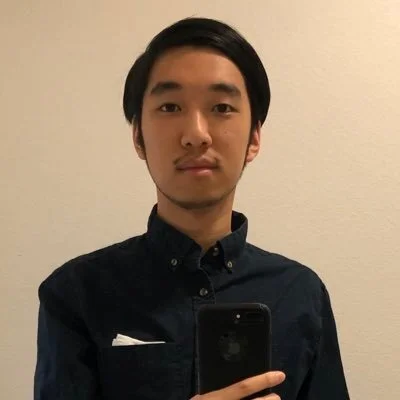Today film critic Ryan Swen joins us for a double header discussion of King Hu's Dragon Inn and Legend of the Mountain and how they reflect the evolution of Hu's editing style, an aesthetic marked by an extraordinary evocation and emphasis of motion.
Hu’s style of cutting can seem overt, transparent, complex, and mystifying — often all at once. Hu’s edits are unusual for employing radical stylistic experimentation while remaining easily readable and entertaining for the layperson, whether in his elaborately staged martial arts combat sequences or in his self-consciously artistic sequences of impressionism. His films have imparted a major lasting influence on world cinema, in particular his contributions to the action genre through his wuxia films.
In this episode, we discuss:
A myriad of approaches King Hu’s films use to intensify movement and tension.
How Hu makes the moment-to-moment stakes and developments of every conflict readable — even in scenes consisting of no more than two characters beating steadily on drums.
Why a love for stagecraft led to edits that are anything but invisible — and how their virtuosity and complexity form their own spectacle for the viewer.
The way motion governs every motion of Hu’s cinema, even at its most tranquil.
How Hu’s edits capture superhuman movements and physical impacts by not showing them.
Cinemascope? How did this one get in here?
Additional resources:
You can find Ryan’s online home at his Taipei Mansions website. David Bordwell has a terrific blog post on that amazing jump cut from A Touch of Zen that we gush about near the end of the episode.
Ryan Swen is a freelance film critic and a cinema and media studies MA candidate at the University of Southern California, and holds an undergraduate degree in cinema and media studies at the University of Washington, Seattle. He hosts and produces the Catalyst and Witness podcast, and has written for Reverse Shot, The Film Stage, Seattle Screen Scene, Hyperallergic, and the BFI. His research interests include film festivals, film culture, and arthouse and international cinema.
